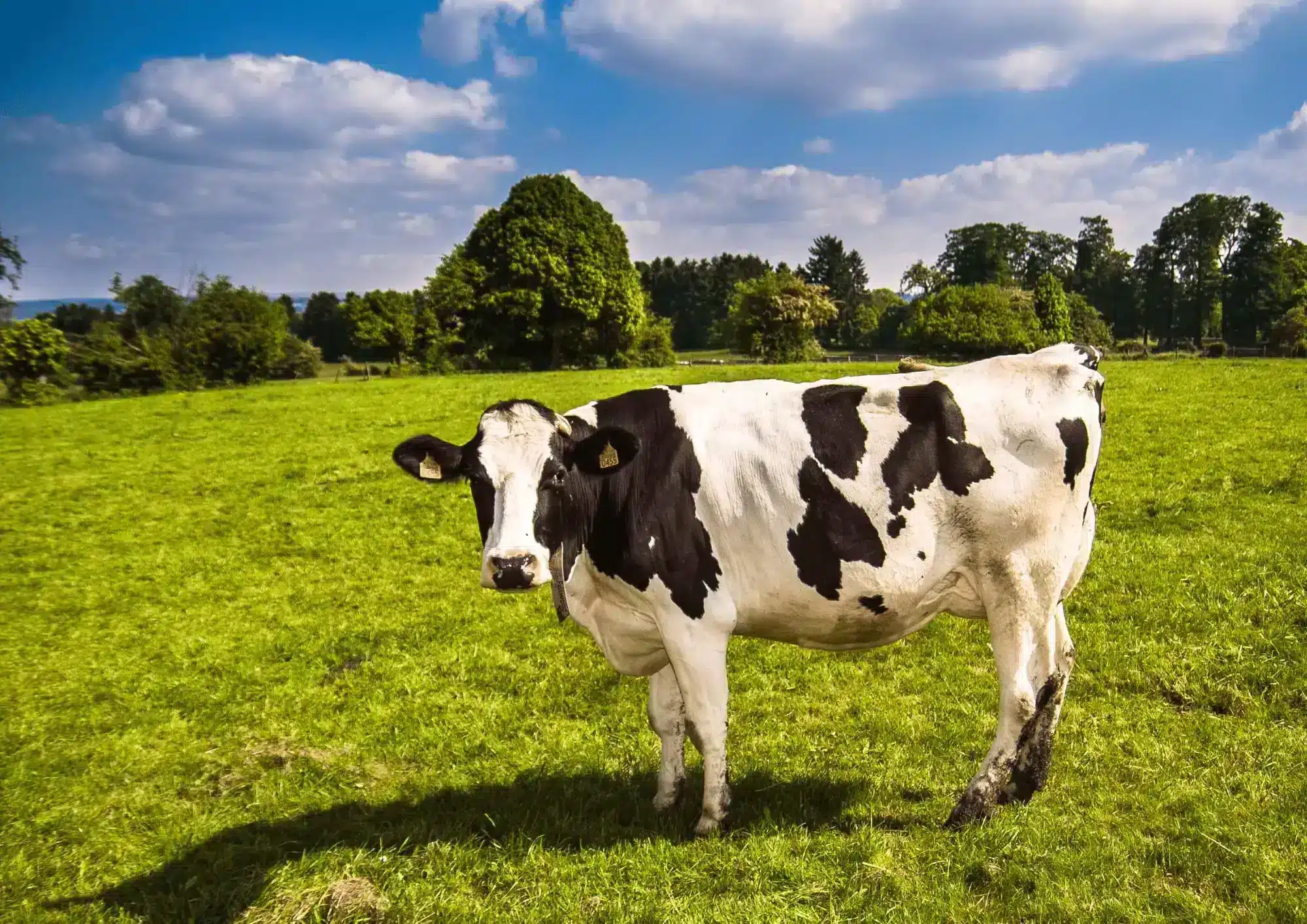Injectable aesthetics reviews. Can Vegans Get Dermal Filler Injections?

As the aging population combines with the rising popularity of vegan lifestyles, you may have run into this question from some of your patients: are dermal fillers vegan? To answer that, you have to take a closer look at how dermal fillers are produced.
As you probably know, vegans avoid eating animal products, including meat, eggs, and dairy. This extends to other activities that exploit animals, such as wearing leather. As awareness of the vegan movement grows, more people are taking a closer look at ingredient lists in their cosmetics, opting to choose brands that avoid the use of animal products and animal testing. The same goes for the products used in cosmetic procedures.
Some of the first fillers did have animal origins. Collagen, for example, was usually made from cow cells, which would make it not vegan friendly. Even when sodium hyaluronate injections became available for osteoarthritis, some of the earliest were made from material sourced from rooster combs, a method developed in the 1980s. Not only is this source a problem for people allergic to poultry and other bird products, but the origin of the sodium hyaluronate means these injections are not suitable for vegans. Luckily, people getting sodium hyaluronate injections for their knee osteoarthritis can now choose between products made from rooster combs, like SUPARTZ® knee injections and SYNVISC® knee treatments, or products from other sources, like DUROLANE® injectables, EUFLEXXA® treatments, and viscosupplements from ORTHOVISC®.
After collagen came other materials for filling wrinkles, like RADIESSE®. RADIESSE fillers family is made of calcium hydroxylapatite microspheres, which are similar to what is found in animal bone, but they are synthetically-produced, making this dermal filler potentially suitable for vegans. Most of the newer hyaluronic acid dermal fillers are also made from animal-free ingredients. Although the manufacturers could get this hyaluronic acid from animals, since the substance is found naturally throughout most body tissues, most companies produce the filler substance from bacteria.
Most manufacturers use Streptococcus bacteria to produce hyaluronic acid, since this is the first bacterial genus researchers used back in the late 1980s. Other manufacturers are trying out different strains of bacteria, such as Bacillus subtilis. The bacteria usually produce sugars to form their cell walls, but these same sugars also happen to be the building blocks of hyaluronic acid. The manufacturers provide these bacteria with sugar as a carbon source then use fermentation to produce the hyaluronic acid. The scientists may then use solvents to separate out the hyaluronic acid and special processes to strengthen the particle bonds, which helps the substance last longer within the patient.
By using bacteria to produce hyaluronic acid, manufacturers can make dermal fillers with a non-animal origin, making them suitable for your vegan patients. Many dermal fillers will specify in their ingredient list that the product contains non-animal hyaluronic acid. RESTYLANE® products, for example, are made with non-animal stabilized hyaluronic acid (NASHA), so they do not contain any animal products. Dermal fillers by BELOTERO®, too, are made of hyaluronic acid with a non-animal origin, along with the popular JUVÉDERM® product line. Cytocare mesotherapy treatments, also like dermal fillers by TEOSYAL®, AQUASHINE, EMERVEL® (RESTYLANE®), synthetic fillers from ELLANSE™, HA-based fillers from PERFECTHA®, STYLAGE® fillers line, and FILORGA`s product range are some of the other brands that avoid animal ingredients.
Although the lack of animal products in these dermal fillers may be encouraging to your vegan patients, there is one more thing to consider. These dermal fillers are medical products, which means regulations in most countries likely required the manufacturers to test the fillers on animals to ensure they are safe for human use before granting approval. Some generic versions of the same medical product may not have to go through animal testing, but that is only because the original version of the medical product was already tested on animals.
Drugs are also tested on animals, but your vegan patients might look at dermal fillers differently because they are usually optional. Although your patient may need to take a particular drug to live, even though it was tested on animals, they may draw the line at cosmetic procedures to correct wrinkles or adjust the look of their facial features. It all depends on their comfort level. Even within the vegan community, there is plenty of debate about whether someone can still call themselves vegan if they used an optional product that was once tested on animals, such as a dermal filler.
You can assure your patient the product they are using does not contain animal ingredients, but you cannot guarantee it is a 100% vegan dermal filler if the product has had animal testing in the past. Ultimately, your patient will choose whether they feel comfortable getting dermal filler injections and if the procedure fits in with their vegan ideals.
Medica Depot carries a wide variety of dermal filler brands, most of which use non-animal hyaluronic acid. You can check the product page for a list of ingredients to verify you are purchasing a non-animal dermal filler, for example, RESTYLANE®.
Want to learn more?
In the article Vegan-Friendly Cosmetic Injections: Uncovering the Truth, we go over a discussion about whether some of the most popular cosmetic products are vegan friendly. Some products mentioned in the article are from the Botox® product line and the Juvederm family. Click here to read the full article.
Injectable aesthetics reviews can be found on various platforms, including specialized aesthetic treatment review websites, social media platforms, and healthcare provider directories. They provide valuable insights for individuals considering these treatments, offering firsthand perspectives and experiences that can help inform decisions about undergoing injectable aesthetic procedures. Here are some key points typically covered in injectable aesthetics reviews:
-
Treatment Effectiveness: Reviewers often discuss how effective the injectable treatment was in achieving their desired aesthetic goals, such as reducing wrinkles, enhancing facial contours, or improving skin texture.
-
Safety and Comfort: Reviews may address the safety of the procedure, including any discomfort experienced during or after the injection process, as well as any side effects or complications encountered.
-
Provider Experience: Reviewers may comment on their experience with the healthcare provider administering the injectable treatment, including their professionalism, expertise, and ability to address concerns or questions.
-
Results Duration: Discussions often include the longevity of the results achieved with the injectable aesthetics, such as how long the effects lasted before additional treatments were needed.
-
Overall Satisfaction: Reviewers typically summarize their overall satisfaction with the injectable aesthetics treatment, considering factors like the improvement in their appearance, confidence level, and value for money.





